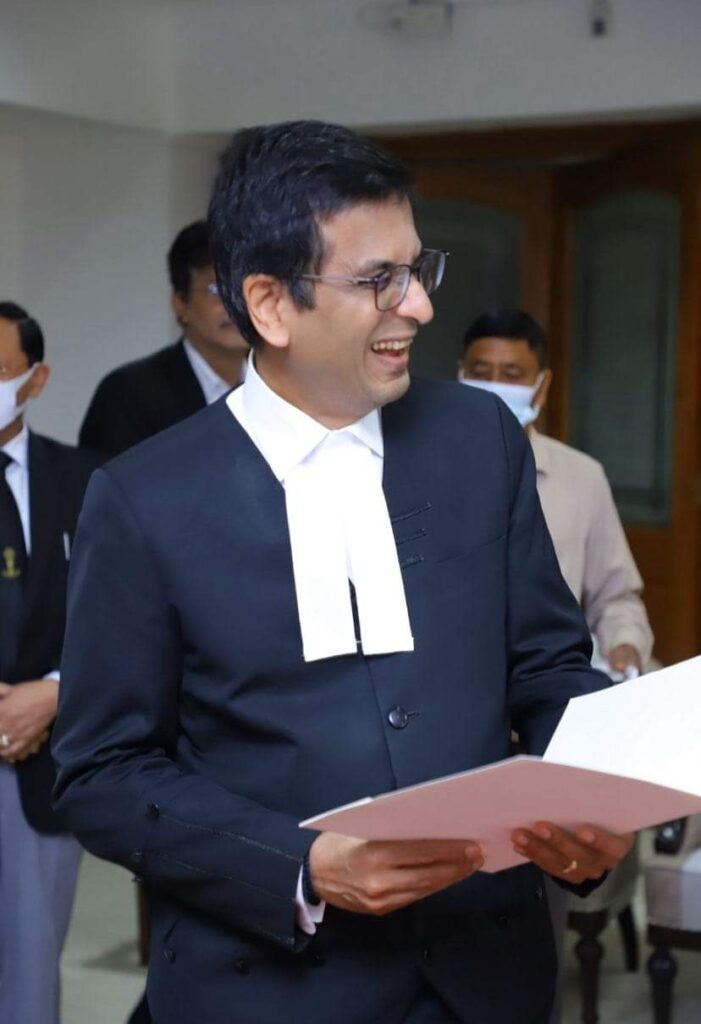The Bar Council of India has raised the crucial issue of raising the retirement age of judges in the top court from 65 to 67.
Though this has been a long-standing demand of the bar and the bench, the BCI’s recent move comes in the middle of Chief Justice of India U.U. Lalit’s very short term in office.
Any such immediate move will result in extending his tenure as CJI for two years. Otherwise, his tenure ends on Nov 8, 2022.
The legal fraternity argues that extending tenures will help in retaining the experienced judges in office in a system that is often faulted for its delays.
With life spans increasing and geriatric symptoms setting in late, this could well be a good move.
Retirement age of High Court judges will accordingly have to be also increased to 65 from 63. But there are equally cogent arguments against the move.
India is a young country. Judges in constitutional courts do not reflect the value systems or dynamism of the youth.
So, there’s an equally strong case for leaving the retirement age of judges untouched and instead recruiting younger judges.
Currently, only 45 plus candidates are considered for the post of judges in the High Courts. By convention, they do not reach the top court before they enter their 50s.
The youngest judge to step into the top court was former CJI P.N. Bhagwati at 51.
By that time, they are set in their ways and lack the energy to innovate and cut through the astounding number of pending cases.
Their number has crossed 4 crores at the last count. The system needs some young disruptors and innovators.
There is another aspect that needs to be addressed here. No such move can come unilaterally from the government.
The Law Ministry will have to consult both sitting and retired judges before embarking on any such move. Some sitting judges have spoken out in its favour while others oppose it.
Former CJI N.V. Ramana lamented days before he demitted office that 65 was too young to retire — notwithstanding the fact that most retired judges are well sought as arbitrators post retirement and earn phenomenal amounts as professional fees.
Others have spoken out against it. Many judges suffer from burn out due to overwork and exhaustion. Many suffer from health problems. Supreme Court judge Ravinder Bhatt recently questioned any such move at a public function.
Youth bring in a freshness of inquiry and fullness of information on contemporary events which we old fogies are insulated from and resistant to, he said in a public event. Judges also need to retire and rest, he said.
This issue is also inextricably linked with the issue of some CJIs holding very short tenures in office due to the pecking order in which they are appointed and retire. There’s a case for fixing a minimum tenure for CJIs, but that will be unfair to his brother judges.
But if retirement ages are increased across the board, every judge gets an extra two years. Very little chance of any heartburn.
Before implementing any such move though, the government must make a cost-benefit analysis of retaining sexagenarian judges with their high salaries and medical allowances over appointing a younger, fresher, healthier lot.

